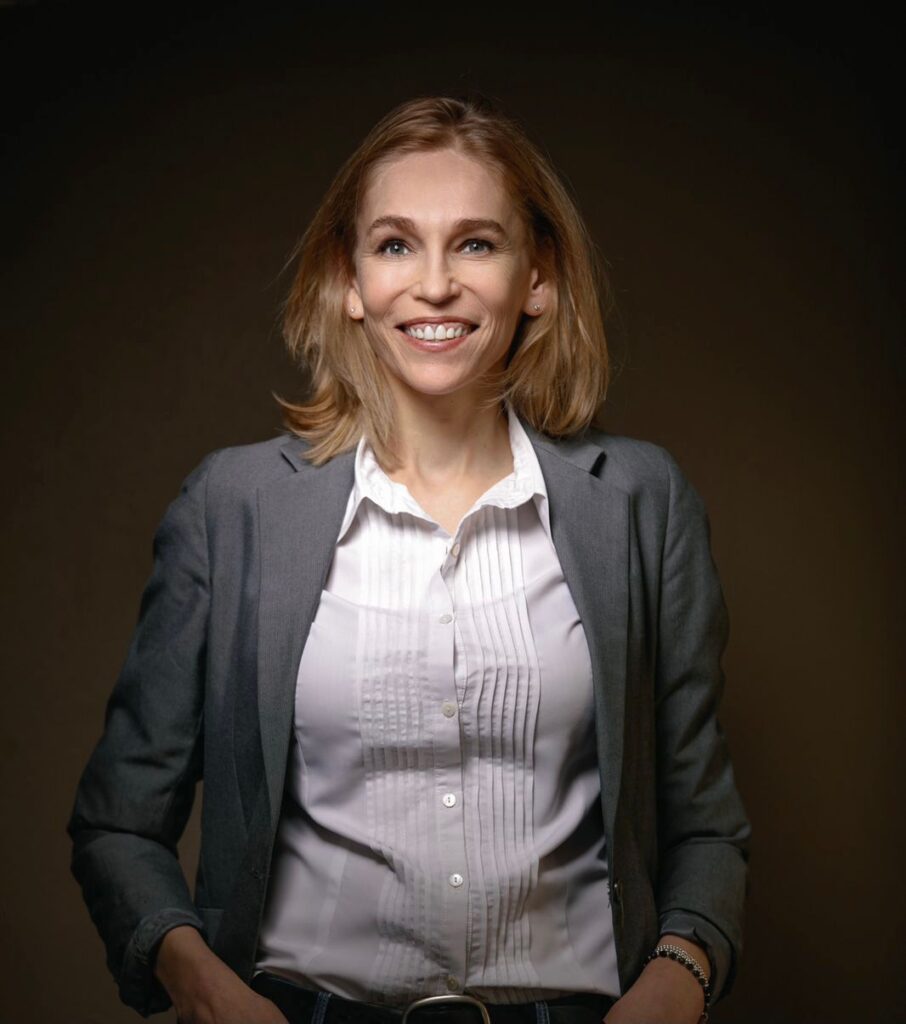Prof Nick Binedell gave the audience a lot to chew on at Ads24’s morning of “Food for Thought”. This thought leadership event at The Venue-Greenpark, Sandton on 25 May, doubled as a networking opportunity for senior media industry professionals. Binedell looked at socio-economic and political forces shaping business.
As the founding dean of the Gordon Institute of Business Science (GIBS) and professor in the area of strategic leadership, Binedell offered an insightful understanding of how today’s socio-economic and political forces are shaping the businesses of tomorrow. This networking morning explored how innovations in business and society will affect everything from the way we do business, how we communicate and even what we eat in the near future. Binedell holds an MBA from UCT and a PhD from the University of Washington, Seattle.
The business of strategy
Binedell said that his area of interest is strategy, very simply, how we compete and that is of course linked to the question of leadership – how do we make things happen?
The media industry and sector is going through quantum changes which is extraordinarily exciting because it’s going to change the way we work and live, and so too in engineering and science. We are faced with an incredible pace and future shock is going to change everything about us. This era that we are in requires us to abandon our assumptions, to take on a journey of exploration, to risk, because the world does not need our permission to change.
An organisation is an assembly of resources, institutions and processes and we have to redesign them. We are still stuck in the 20th century of job descriptions, parking bays, etc. Our systems and processes are out of date and the progression of technology is going to drive us in a different way.
The power of media on executive thought
Based on surveys that Binedell has been doing amongst executives through GIBS over the past five years, he discovered that 90% of what executives think about, and the understanding of what reality is in the country, comes from media – print, online, social media, radio and television.
Most executives also say that the most important thing that is going to make or break us, as a society in the long term, is public education. We are no-longer a mining economy, we are a services economy, we are a knowledge economy. In a knowledge economy, as we all know, your education system has to be at the cutting edge, because you are competing with an extraordinarily different set of economic talent. When asked what the biggest problem with the public education system is the executives said primary school maths, we are outscored by Malawi in primary school maths. He then asked them how they knew the problem is primary school maths and they said that it is all over the media. The media plays a vital role in shaping the appetites, habits and mind sets of South Africans and that’s got to do with the context in which we live.
Chess versus World of Warcraft
Many of the older generation grew up learning strategy by playing chess, but times have changed, the younger generations are now using gaming to learn strategy. There are now about 500 million gamers and gaming is used by the US military to develop leaders. A game like World of Warcraft requires gamers to make instant decisions with people they have never met and will never work with again in a highly competitive context where the rules are kind of infinite.
Naïve or knowledgeable optimists and pessimists
The question is not whether you are an optimist or a pessimist, but whether you are knowledgeable or naïve. What you want to do is have a map that is real, look at what is going on in the world and ask yourself how realistic your experiences are. When you shape the ideas to take your business forward are you intimately connected to the sociology, psychology and anthropology of South Africa? How do you get the insight and foresight that your competitors can’t? South Africa, in business terms, still holds very much onto the idea of competition.
Pioneers and mavericks in a frontier society
In a frontier society like this, in the next five to ten years, we are going to have to find the pioneering types, the mavericks. A maverick is someone who won’t do it the same way as you, but shares your values. We need to look at how we liberate the mavericks in South African society. These are the people who will shape the nature of the world that we are living in. Human beings have never progressed as fast as they are now.
Strategies for the future
Binedell asked whether we are in a crisis in South Africa, a crisis is an immanent catastrophe, can this still be abated? He said that we have everything going for us, but the problem is that we are asleep. We’ve got the infrastructure, the institutions, a great constitution and legal system, we’ve got a free media, a big middle-class and great business institutions, but we are not growing because we don’t trust each other, we don’t really know each other and we are not tapping into our pools of creativity. As we leave more and more people behind, it is going to become a more contested domain.
Business strategy is about options and what we have to reflect on, is if we have an idea of what is next. Is it provocative? Is it powerful? Would it scare your competitors? Would it delight your customers? Is it around value and do you understand where your values lie? It’s very hard to know if a company has a good strategy, normally we look at its actions. All of us have a strategy – strategy is simply the sum of what you do. One way of finding out if you have a good strategy is to ask if people are happy, are your staff happy and are your customers happy. You need to ask why the non-customers are not customers, because that’s where the growth lies. How much of your action and time is linked to the next and innovation?
Binedell said that it is important to start travelling and to invest time randomly, find different routes to work, go and find the crevices, experiences, and the people who you may differ with, but who will excite you with their energy. In a creative industry, the merger between sociology and technology is where the future lies. Our rate of learning must be higher than our rate of change. With many South African companies, the rate of unlearning has to be higher than the rate of change.
View the Food for Thought Twitter feed #ads24FFT and remember to follow Ads24 @Ads24_News .

- MRF Unveils Latest MAPS® Data - 20th February 2025
- The BRC announces changes to the board and updates for 2025 - 17th December 2024
- Top 50 DSTV TV programmes – October 2024 - 12th November 2024





